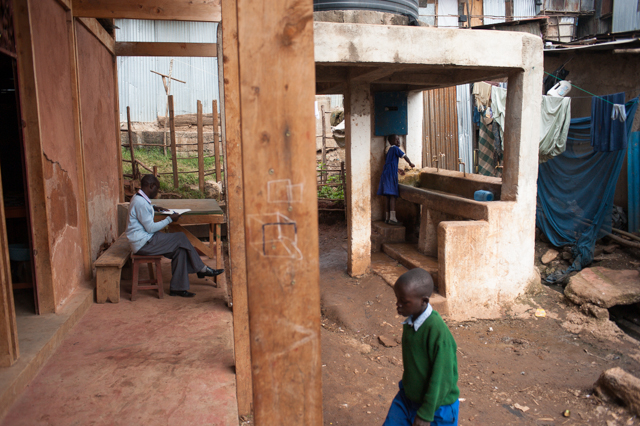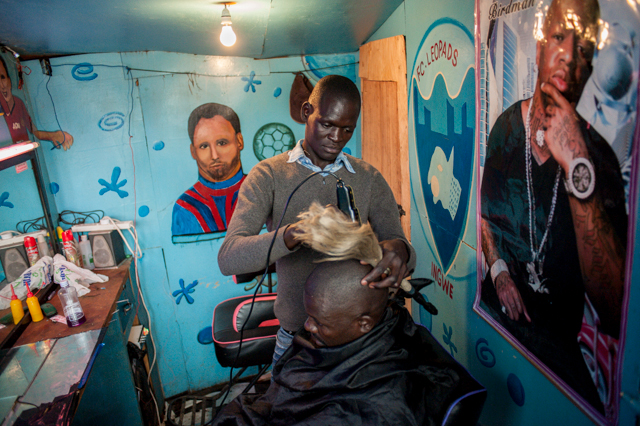The Kenyan landscape: a letter to Julian
‘“If I ever write something about this all, it will only be descriptions of landscapes
until I get to know some truth about it.”
It was a good way to escape the bitter realities.’
(Reverte, J. (1996) El sueño de África.)
On my return from Africa, my whole body was reluctant to write about what I saw there. There were too many things I did not understand and writing about what you do not understand, always carries a high risk of falling into topics, of being very unfair to the place, its history and its people.
But days were passing by and, as I did not have any memories of landscapes to describe, but a collections pictures to show, I was left with only two options: ignored them all, absolute silence around then, I saw nothing I felt nothing; or, otherwise, dump on words all my doubts and anxieties in the hope that someone wiser than me, one day, will manage to undo the mess that Africa represents in my head.
I know that the reader now is probably imagining extreme poverty, flies, starving kids hanging from their empty mother’s breasts… It happens that, although that reality exists, it is not what generated in me the most difficulties to rationalise and interpret a reality so alien to me.
Towards the end of the trip, one day, Julian, a kenyan working for Karibu Africa, asked me to tell him three good things and three bad things about what I had seen in Kenya. The bad ones came to my mind very easily: extreme pollution, rubbish everywhere, huge social and economic disparity, corruption at all levels…
The good ones… I didn’t find the courage to tell Julian that I hardly saw anything positive, not about my experience there, that certainly was, still is, a great life learning experience, but about the everyday life in which I was suddenly immersed. I said ‘people is the best’ and I firmly believed that, otherwise I would not had felt so incredibly welcomed and accepted, but it also happened that I felt, and very deeply, that it is impossible not to be seen as mzungu and that, when being a mzungu means being not so much a person but as a source of money, the human relations become a game of suspicions.
I understand that is not easy to stop looking at mzungus as a source of money when the slum is full of white’s NGOs which, with more or less success, try to help improve, with money, always money, that complicated world; when even we spent half an hour giving away very expensive presents; when what we pay for two nights at the hotel it’s already more than what the lady who cleans those same rooms gets a month… I know it’s not easy to ignore the money, especially when you don’t have it but then… how do we do to look at each other just as human beings, straight to the eyes, in the midst of all these contradictions and injustices?

